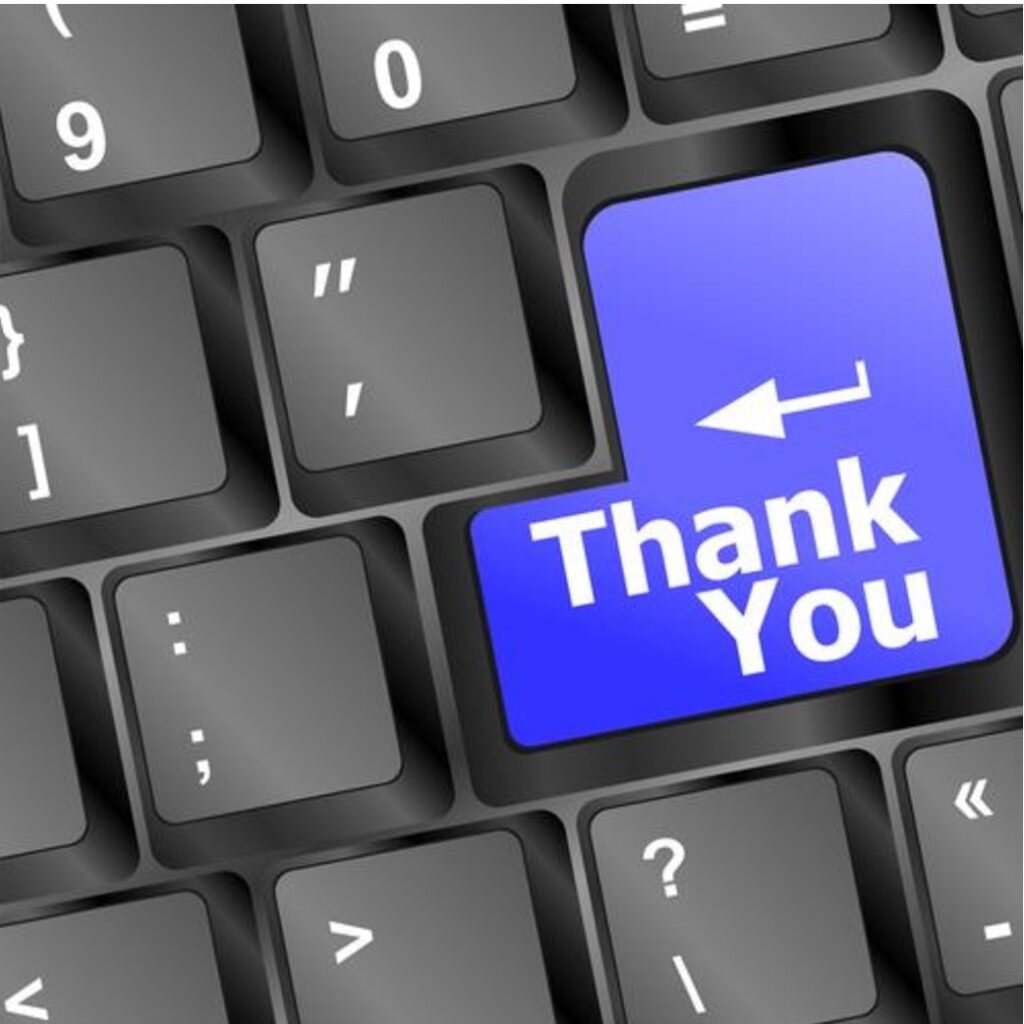A recent study revealed that only 1 in 4 candidates actually send thank you emails post interview. I am always perplexed when I see a weak thank you note, or worse, none at all. As an insurance recruiter, my hiring managers are always telling me how impressed they are when one of my candidates follows up within 24 hours or less with a well-crafted, error-free, and thoughtful thank you email.
Here’s your chance to put yourself into the top 25% of candidates. Let’s delve into how to write an engaging and effective thank you email.
Do your homework before the interview. Make sure you know who you are meeting with, what each person’s role is, and get their contact info up front.
There is nothing worse than getting ready to write your thank you email only to realize that you don’t have the hiring manager or team’s contact info. Make sure you prepare ahead of time. In your email correspondence with the firm, you will see names, titles, and email addresses. Write those down before you do the interview. Also, if you are on a team interview call, make sure you have captured all of the names from the invite that was sent out to you. Go on LinkedIn or the company’s website to understand each person’s role. If you can’t find the person, then make sure to ask questions in the interview to understand how you would interact with each person on the call for the role you are interviewing for.
Use professional business language. Make sure there are no grammar or spelling errors. Send no later than 48 hours post-interview.
Your thank you note is a business style email. You should send it 24 to a maximum of 48 hours post interview. There is also nothing wrong with sending it on the same day as the interview. It shows timely follow up and interest. Start with a professional greeting. Avoid slang and overly familiar or flowery sounding language. Your subject line should be simple and clear and should contain the words “thank you” so that the interviewer knows you are following up. The first paragraph should thank them for the opportunity to interview for the role. Make sure you state the name of the role and the date that it happened to personalize the letter so that your response does not look canned.
Avoid writing your thank you on your cell phone. Do not text your thank you letter!
Spell check and predictive language on cell phones have a tendency to change your words or meaning without you knowing it, and the font is typically small or worse, there is a vague sign off such as “sent with my iPhone”. Use a full screen so you can see your message clearly and can catch any spelling errors or missing words in the letter. Microsoft Office is best for this type of correspondence especially for insurance roles. Read the letter out loud slowly making sure that you watch for missing words or the wrong word such as a “there” when you meant “their”. Spell check will not typically catch these things, so you have to be extra diligent. Also, do not text a thank you note. Use standard professional email. Remember, accuracy and details matter especially when you are interviewing for an insurance role.
Recap your qualifications. This is your opportunity to sell yourself in writing.
The second paragraph allows you to reaffirm your interest in the position, demonstrates your professional writing skills, and gives you a chance to remind the hiring manager how your skills align with the requirements of the role. Mention specific aspects from the interview that impressed you or resonated with your professional goals. This will demonstrate to the interviewer that you were listening carefully to how they described the role and their culture. Make sure you limit this letter to no more than 3 to 6 short concise paragraphs; you are not writing a novel. This is especially helpful after the first-round interview because often these are short screening interviews with multiple candidates in a row, and your prompt well-written thank you letter allows you to stand out from the pack.
Address any concerns that were brought up in the interview. Don’t skip this step!
If there were any questions or potential “deal breaking” concerns raised during the interview that you would like to address, now is the time to do so. This demonstrates your attentiveness and willingness to clarify any doubts the hiring manager may have. If there was, for example, a concern about your job durations or number of jobs, you can use your thank you letter to acknowledge the issue and reaffirm that your goal is to build a long-term career with their firm.
Reinforce interest and close your letter with a positive note and call to action.
Make it clear that you are excited about the potential opportunity to contribute to the company’s growth and success. Showcase your alignment with their organizational values and long-term vision. Conclude your letter and express your enthusiasm for further discussions at the next meeting, or for the potential to move forward in the hiring process. State what your schedule is for the next week to make it easy for the interviewer to set up a 2nd meeting.
Use a professional sign-off. Avoid emojis.
Use a professional sign-off, such as “Looking forward to hearing from you” or “Sincerely,” or “Best regards.” then type your name, contact information, and include any relevant links to your professional online presence (LinkedIn, personal website, etc.). Avoid links to your Instagram, Facebook, or Ticktocks. This is not the time for emojis; keep it professional.
Final Thoughts:
Remember, a well-crafted thank you letter provides you with an additional chance to impress the hiring manager and demonstrate your commitment to the role. Keep it concise, genuine, and proofread for any errors before sending. By taking the time to write an impactful thank you letter, you differentiate yourself from other candidates and improve your chances of moving forward in the interview process.
If you are an insurance professional in the Pacific Northwest and you are struggling with writing a good thank you letter, I can help. Contact me and let’s join forces on your job search!


